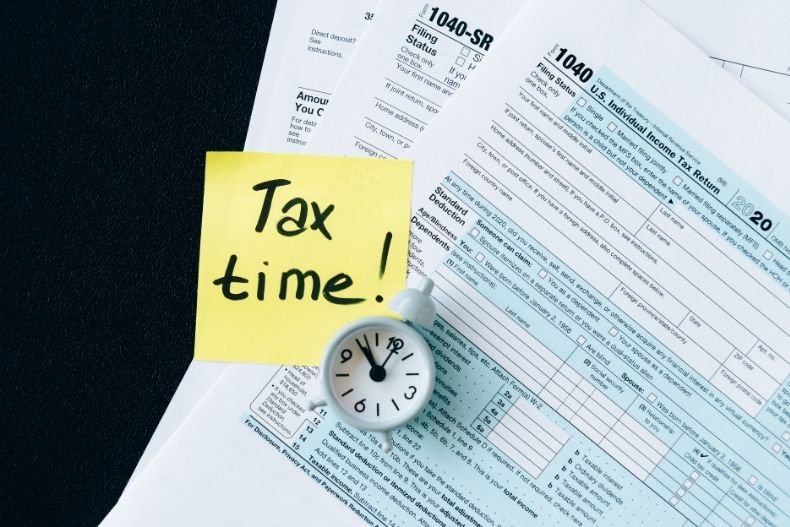While most everyone dreads that most despised holiday which regularly occurs around April 15th, Tax Day. There is one professional, however, that doesn’t mind all the calculating, deducting, and double-checking—in fact, they probably like it—that person being your local tax preparer. And with the tax preparation business gaining over $11.3 billion in revenue over 2019, who wouldn’t want to get in on the action. And the best part is, starting a tax practice is probably easier than you think.
Starting a tax practice requires a few simple steps to be taken, this includes registering the business, procuring suitable office space, getting the right technology solutions, and promoting the business’s services.
While you may think that starting a tax practice is easier said than done, if you read on, you’ll find each aspect above broken down into more detailed and actionable steps that anyone can use to begin their process. So, without further ado, here are four simple steps to starting your own tax practice.

1. Register Your Business
At this point, you may be wondering, who exactly is allowed to be a tax professional? Many mistakenly are under the impression that tax preparers must have a myriad of certifications and advanced degrees. In reality, most situations will only require that an individual have a Preparer Tax Identification Number, or PTIN, which can be obtained from the IRS.
Getting a PTIN will require first-timers to register online and pay a $35.95 fee. Applications will need simple information such as social security number, date of birth, mailing address, and other pertinent information. (A checklist from the IRS is available here to help get the process started.)
Once a PTIN has been obtained, the next step is to register your business as required by local regulations. In some places, this may involve additional coursework and certifications, such as in the states of California, Oregon, Maryland, and New York.
2. Get the Right Workspace
A tax firm’s workspace serves two vital functions, first as a place to attract and meet with clients, second as a place to do the actual labor of tax preparation. Finding a space that provides both functions—at a reasonable price—can be more challenging than it might seem at first.
Things to keep in mind when choosing a space for your tax preparation business can include:
· Proximity to customers
· Space for client meetings
· Private workspace
· Plenty of storage for records
· Marketability in terms of foot traffic etc.
· Price of rent
For many businesses, the cost of rent will be the topline concern, for others, the ability to attract the right clientele to an upmarket location will rule the day. When choosing a location, knowing what you require in terms of specific qualities will make all the difference in being able to find a suitable space. Find a quality local commercial real estate agent who will be able to give you a better perspective on the local business climate.
3. Utilize the Best Technology
One aspect that can often be overlooked is the importance that specialty software plays in ensuring an efficient and secure tax practice. When it comes to the utility of something like tax practice management software, it can be hard to know what you need, as there can be a lot of overwhelming information. However, such software can be an enormous benefit to a tax practice as it allows for the automation of certain processes so that preparers can focus on more vital tasks.
Besides helping keep a business running efficiently, the best technology solutions will also increase the overall security of a tax practice, to the benefit of all stakeholders. With less stress over menial work and obsessing over security, practices will be able to focus on doing good work and building strong client relationships.
4. Promote Your Good Work
As ubiquitous as the need for tax professionals is, few people will be able to use a business’s services if they can’t find them. Marketing has long since moved beyond simple advertising, and now includes a practice’s web presence, where most customers will first find a tax preparer these days. This is where promotion is most key.
One key benefit of getting a PTIN is some free publicity that is available in the form of the IRS’s Directory of Federal Tax Return Preparers.
Starting Your Own Tax Practice: The Easy Way
In conclusion, the requirements for starting a tax preparation business are well within reach of anyone who properly plans and has the necessary desire. In a crowded marketplace, decisions such as office location, having the right software, and executing a solid marketing plan are all of the utmost importance. But armed with the knowledge above, any individual is well on their way to starting their own tax practice.
Have questions or comments on anything we’ve covered? Please don’t hesitate to reach out and thank you for reading!











